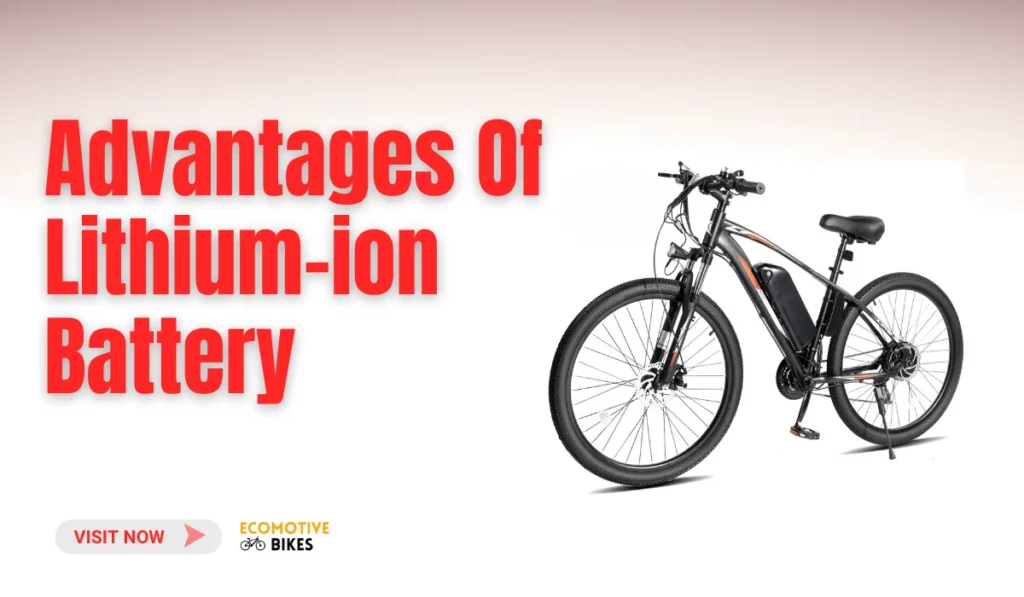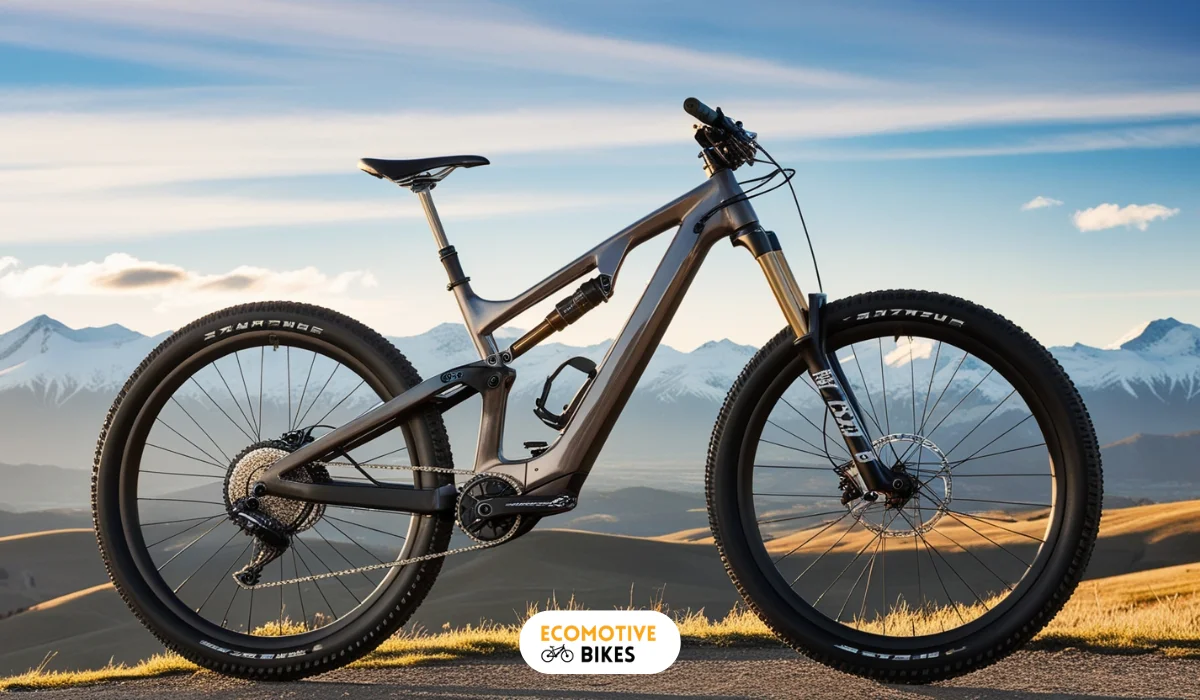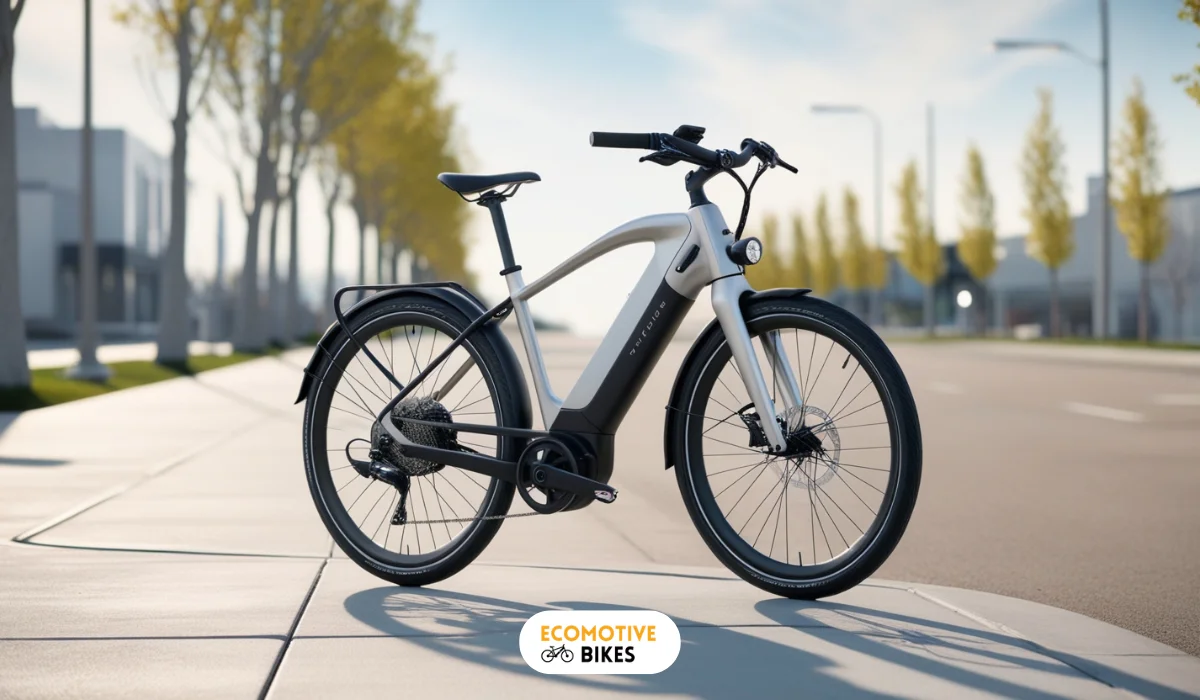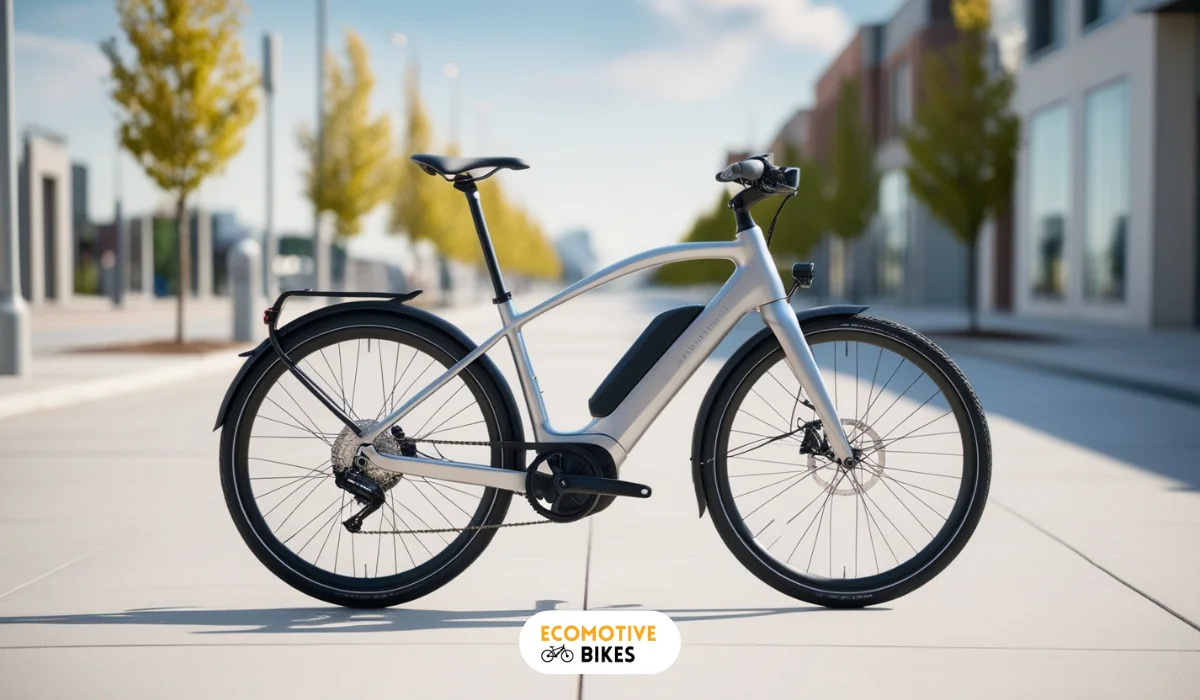Advantages of Lithium-ion Batteries in Electric Bikes
Discover the advantages of lithium-ion batteries in electric bikes: lightweight, high energy density, longer lifespan, fast charging, and low maintenance.
Table of Contents
Related Articles:
Electric bikes are gaining momentum, owing to their sustainability and technological advancement. Central to this advancement lies the key component, the power source, the battery, the world of which reigns with a revolutionary lithium the -ion version with a bag full of advantages. What are the advantages of lithium-ion batteries in electric bikes? Explore them through this post.
What are lithium-ion batteries in electric bikes?
While considering electric bikes, you may have encountered the term “Lithium-ion batteries.” But what exactly are they, and how do they differ from other types of batteries?
The concept of Lithium-ion batteries dates back to the 1970s, but they didn’t become commercially available until the 1990s. Lithium-ion batteries are rechargeable batteries that use lithium ions to store energy. These batteries are lighter in weight but have higher energy density. They charge faster and have a longer lifespan, typically 3-5 years or more.

How do lithium-ion batteries differ from others?
The main advantage of Lithium-ion batteries lies in their unique characteristics. They have a higher energy density, longer cycle life, and lower self-discharge rate compared to other types of batteries. To better understand, let’s dive deeper into their characteristics.
- Higher energy density: Lithium-ion batteries boast a higher energy density than other options. This translates to greater power output within a smaller and lighter battery pack, ideal for optimizing e-bike performance and weight distribution.
- Longer cycle life: Lithium-ion batteries excel in terms of cycle life, meaning they can withstand a significantly higher number of charge and discharge cycles compared to other battery technologies. This translates to a longer lifespan for your e-bike battery.
- Minimal self-discharge: Lithium-ion batteries exhibit a lower self-discharge rate, meaning they retain their charge more effectively when not in use. This ensures your e-bike is ready to go when you are, without the need for frequent recharging during storage periods.
- Lighter weight: The inherent lightweight nature of lithium-ion batteries makes them a perfect fit for e-bikes. This translates to a reduced overall weight of the vehicle, contributing to improved handling, efficiency, and rider comfort.
This makes Lithium-ion batteries an ideal choice for electric bikes, providing a reliable and efficient source of power.
| Characteristic | Benefit |
| Higher energy density | More power in a smaller package |
| Longer cycle life | Withstands more charge and discharge cycles |
| Lower self-discharge rate | Retains charge even when not in use |
| Lighter weight | Ideal for electric bikes |
How do lithium-ion batteries work?
Many of you wonder how lithium-ion batteries work to provide a seamless riding experience. A crucial aspect of these batteries is their ability to store energy through a chemical reaction between lithium ions and electrons. This reaction occurs when lithium ions move between the positive cathode and negative anode, releasing energy as they flow.
With a reliable BMS in place, you can enjoy a worry-free riding experience, knowing that your battery is being protected from damage. This not only prolongs the lifespan of your battery but also enhances overall safety and performance.
Advantages of lithium-ion batteries in electric bike
Lithium-ion batteries have become the go-to choice for e-bikes, and for good reason. Below are the 11 reasons that make lithium-ion batteries advantageous.
- High energy density: The high energy density of lithium-ion batteries packs a lot of power. This means you can travel farther and enjoy a more exhilarating ride without worrying about running out of juice.
- High discharge rates: Lithium-ion batteries excel in delivering high discharge currents, a crucial aspect for e-bikes requiring quick bursts of power for acceleration and tackling inclines. This translates to seamless performance during demanding riding conditions, ensuring a responsive and enjoyable ride.
- Fast charging capability: A key advantage of lithium-ion batteries is their rapid charging capability. This minimizes downtime spent waiting for recharges, making them ideal for everyday use and frequent commutes.
- Stable voltage output: Unlike some battery technologies that experience voltage sag during discharge, lithium-ion batteries maintain a consistent voltage output throughout their cycle. This ensures optimal performance for your e-bike regardless of the charge level, resulting in a smooth and predictable riding experience.
- Flexible battery design: Lithium-ion batteries offer design flexibility, allowing manufacturers to create battery packs in various shapes and sizes. This facilitates optimal integration within the e-bike frame, enhancing aesthetics and promoting better weight distribution for a balanced ride.
- Enhanced energy efficiency: Lithium-ion batteries boast high-energy conversion efficiency, maximizing the usable power derived from stored energy. This translates to extended range on a single charge, allowing riders to travel farther and experience fewer charging stops, ultimately reducing operational costs.
- Regenerative braking compatibility: Lithium-ion batteries seamlessly integrate with regenerative braking systems commonly found in e-bikes. This captures energy generated during braking or coasting and stores it back in the battery, further extending the e-bike’s range and promoting sustainable energy practices.
- Improved range: Compared to other battery types, lithium-ion batteries offer a significantly improved range for e-bikes. Their high energy density and efficient energy conversion enable riders to cover greater distances on a single charge, expanding their exploration potential.
- Reduced maintenance: E-bikes equipped with lithium-ion batteries require minimal maintenance compared to other battery options. Their longer lifespan translates to fewer battery replacements, and these batteries generally require less upkeep than traditional lead-acid batteries. This translates to lower long-term costs and a more hassle-free ownership experience.
- Low self-discharge rate: An impressive feature of lithium-ion batteries is their low self-discharge rate. Li-ion self-discharges about 5% in the first 24 hours and then loses 1–2% monthly. This means that even when not in use, they reduce the need for frequent top-ups and stay ready to ride whenever you need them.
- Flexible design: Lithium-ion batteries are quite flexible in design. They can be molded to fit specific e-bike frames, allowing manufacturers to create sleek, aerodynamic designs that enhance the overall riding experience.
Related: Advantages of integrated batteries
Disadvantages of lithium-ion batteries in electric bike
While lithium-ion batteries have many advantages, they also come with some drawbacks.
- Need for Battery Management System (BMS): These batteries require a built-in safety circuit to prevent overcharging or excessive discharge, adding complexity and cost.
- Aging: Lithium-ion batteries degrade over time and with use, reducing their capacity to hold a charge. This can lead to shorter ranges and decreased performance over the lifespan of the battery.
- Higher cost: Lithium-ion batteries are generally more expensive to manufacture compared to older battery technologies, impacting the overall price of e-bikes.
- Environmental impact: Lithium mining and battery production processes can raise environmental concerns due to potential pollution and use of potentially toxic materials.
- Limited lifespan: Like all batteries, lithium-ion has a finite lifespan and will eventually need replacement. They generally last 3-5 years.
- High upfront cost: The initial investment in a high-quality lithium-ion battery can be substantial, posing a barrier for budget-conscious e-bike buyers.
- Limited recycling options: Currently, there are limited options for properly recycling lithium-ion batteries, raising concerns about responsible disposal.
- Thermal runaway risk: If not handled correctly, lithium-ion batteries can overheat and potentially catch fire or explode. Proper care and maintenance are crucial.
- Temperature sensitivity: Extreme hot or cold temperatures can damage lithium-ion batteries and reduce their performance.
- Raw material dependence: Lithium-ion batteries rely on specific raw materials like lithium and cobalt. This raises concerns about potential supply chain disruptions and the environmental impact of mining these materials.
FAQs: Lithium-ion batteries in electric bike
How long do lithium-ion batteries last in e-bikes?
Lithium-ion batteries for e-bikes typically last between 2-5 years, depending on usage and care. Proper practices like storing your bike in a cool, dry place and avoiding deep discharge can extend the lifespan.
Can lithium-ion batteries be recycled?
Yes, you can recycle lithium-ion batteries. Lithium-ion batteries contain materials like lithium, nickel, and cobalt that can be reused in new batteries. Look for e-bike manufacturers with take-back programs or partnerships with recycling facilities.
Are lithium-ion batteries safe?
Yes, lithium-ion batteries are designed with safety features like protective circuits and thermal management to prevent overheating and electrical shorts. The risk of fire or explosion is very low with proper charging and maintenance. Many e-bike manufacturers add further safety measures like flame-retardant materials and secure battery compartments.
Can I use any lithium-ion battery in my e-bike?
No. Compatibility is key! Check your e-bike’s specifications before purchasing a replacement battery. Manufacturers often design batteries to work seamlessly with their specific bikes. It’s recommended to buy batteries from the same manufacturer or a reputable third-party supplier. Always consult your bike’s manual or contact the manufacturer for compatibility questions.
How much charge can a lithium-ion battery hold?
A typical lithium-ion battery can handle around 300-500 charge cycles before its capacity starts to degrade.
Final Words: Advantages of lithium-ion batteries in electric bike
So, are lithium-ion batteries the perfect power source for your e-bike? While they might not be flawless, their advantages speak volumes. From extended range and impressive power to lighter weight and reduced maintenance, lithium-ion batteries elevate the e-bike experience.
You can enjoy a smoother ride, longer distances, and reduced maintenance with these batteries. The future of electric biking is undeniably electric, and lithium-ion batteries are leading the charge.





